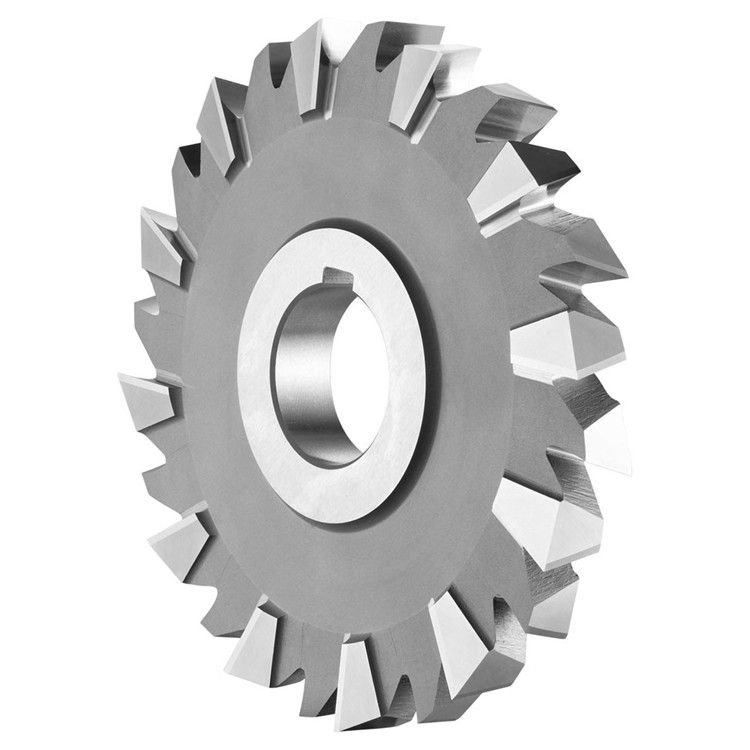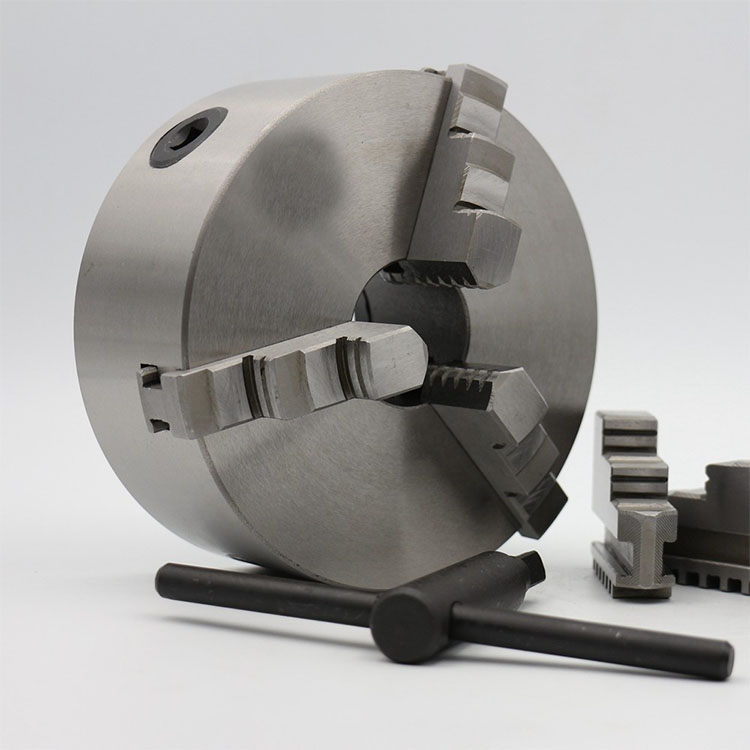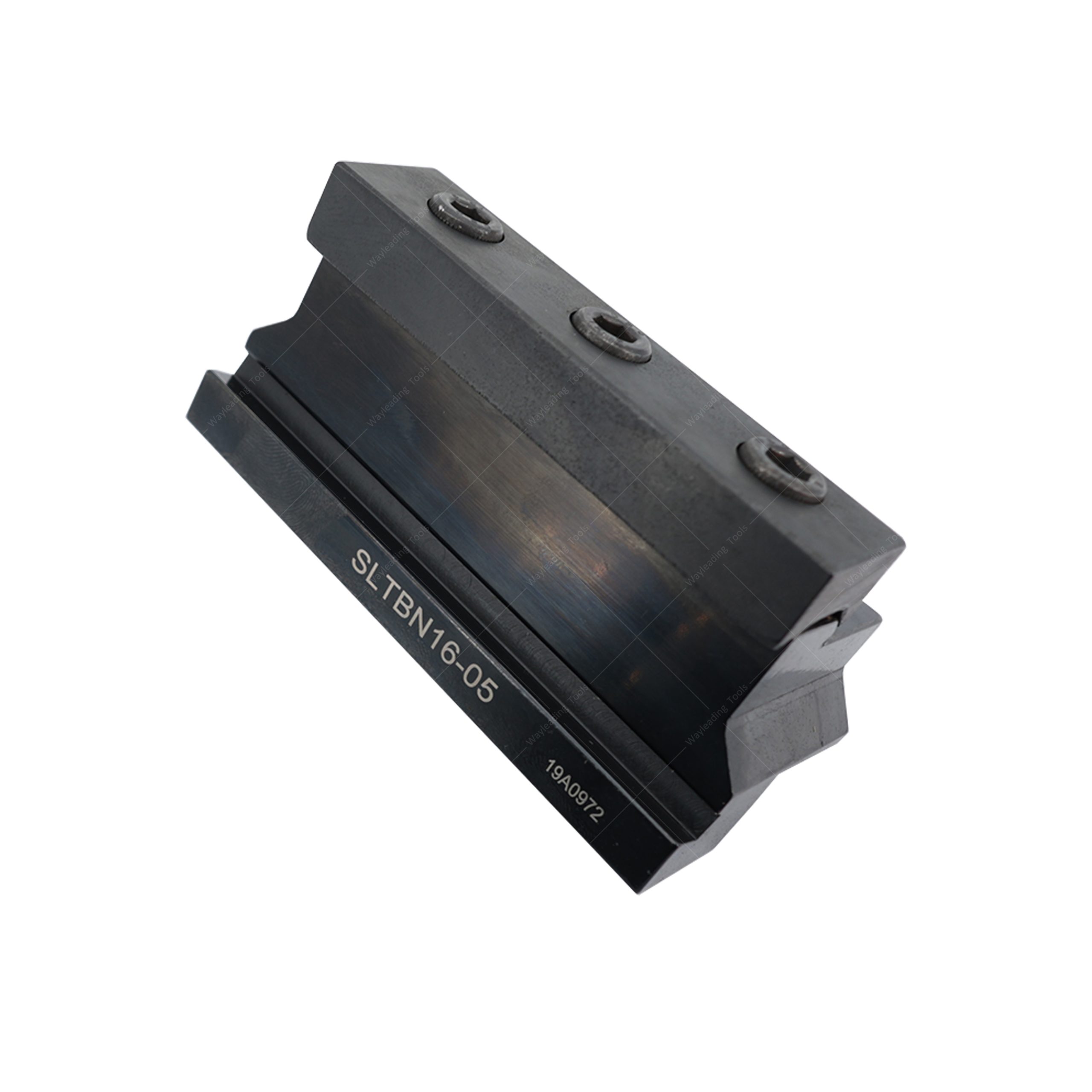ISO 50 tool holder Factory
An ISO 50 tool holder is a critical component in CNC machining, ensuring accurate and efficient cutting operations. This guide delves into the intricacies of ISO 50 tool holders, covering their types, applications, selection criteria, and maintenance best practices to help you optimize your machining processes.
Understanding ISO 50 Tool Holders
ISO 50 tool holders are designed to securely grip and position cutting tools within a CNC machine spindle. They adhere to the ISO 50 standard, which specifies the dimensions and tolerances for the taper interface between the tool holder and the spindle. This standardization ensures interchangeability and compatibility across different machine brands and tool holder manufacturers.
Key Features and Benefits
- High Rigidity: The robust design of ISO 50 tool holders provides excellent rigidity, minimizing vibration and deflection during machining.
- High Torque Capacity: Capable of transmitting significant torque, making them suitable for heavy-duty cutting operations.
- Precision Clamping: Ensures accurate and repeatable tool positioning for consistent machining results.
- Versatility: Available in various styles and configurations to accommodate a wide range of cutting tools and machining applications.
- Standardization: ISO 50 compliance ensures compatibility with various CNC machines.
Types of ISO 50 Tool Holders
ISO 50 tool holders are available in diverse designs to meet specific machining needs. Here are some common types:
Collet Chucks
Collet chucks use a collet to clamp the cutting tool. They offer excellent concentricity and are suitable for general-purpose machining.
End Mill Holders
End mill holders are specifically designed for holding end mills. They provide a secure grip and minimize runout.
Shell Mill Arbors
Shell mill arbors are used to mount shell mills. They feature a large flange for enhanced stability.
Hydraulic Chucks
Hydraulic chucks utilize hydraulic pressure to clamp the cutting tool. They offer exceptional clamping force and vibration damping.
Shrink-Fit Holders
Shrink-fit holders rely on thermal expansion and contraction to grip the tool. They provide superior concentricity and rigidity.
Selecting the Right ISO 50 Tool Holder
Choosing the appropriate ISO 50 tool holder is crucial for optimizing machining performance. Consider the following factors:
Application Requirements
Determine the specific machining operations, materials, and cutting tools involved. Select a tool holder designed for those requirements.
Machine Spindle Speed
Ensure the tool holder is rated for the maximum spindle speed of your CNC machine.
Cutting Tool Diameter
Choose a tool holder with a bore size that matches the diameter of the cutting tool shank.
Clamping Force
Select a tool holder that provides sufficient clamping force to securely hold the cutting tool under the expected cutting loads.
Runout
Minimize runout by selecting a high-precision tool holder.
Material Compatibility
Ensure the tool holder material is compatible with the cutting environment and coolant.
ISO 50 Tool Holder Maintenance
Proper maintenance is essential for extending the life and performance of your ISO 50 tool holders.
Cleaning
Regularly clean tool holders to remove chips, coolant, and debris. Use a mild solvent and a soft brush.
Inspection
Inspect tool holders for damage, wear, and corrosion. Replace damaged or worn tool holders immediately.
Lubrication
Apply a thin layer of lubricant to the taper surface to prevent corrosion and ensure smooth tool changes.
Storage
Store tool holders in a clean and dry environment to prevent corrosion.
Finding a Reliable ISO 50 Tool Holder Factory
Sourcing ISO 50 tool holders from a reputable ISO 50 tool holder factory like Wayleading Tools is crucial for ensuring quality and reliability. Consider the following when choosing a supplier:
Manufacturing Capabilities
Verify that the ISO 50 tool holder factory has advanced manufacturing equipment and processes to produce high-precision tool holders.
Quality Control
Inquire about the factory's quality control procedures and certifications. Look for ISO 9001 certification.
Material Quality
Ensure the factory uses high-quality materials, such as alloy steel, for their tool holders.
Product Range
Choose a factory that offers a wide range of ISO 50 tool holders to meet your specific needs.
Customer Support
Select a factory that provides excellent customer support and technical assistance.
The Future of ISO 50 Tool Holders
The demand for higher precision and efficiency in CNC machining is driving innovation in ISO 50 tool holder technology. Expect to see further advancements in clamping mechanisms, vibration damping, and tool monitoring capabilities.
Example Comparison of ISO 50 Tool Holders
| Feature | Collet Chuck | Hydraulic Chuck | Shrink-Fit Holder |
|---|---|---|---|
| Clamping Force | Medium | High | Very High |
| Runout | Good | Excellent | Superior |
| Vibration Damping | Low | High | Medium |
| Application | General Purpose | Heavy Duty, High Precision | High Speed, Fine Machining |
Conclusion
ISO 50 tool holders are essential for achieving precision and efficiency in CNC machining. By understanding the different types of tool holders, selecting the right one for your application, and implementing proper maintenance practices, you can optimize your machining processes and improve your overall productivity.
Related products
Related products
Best selling products
Best selling products-
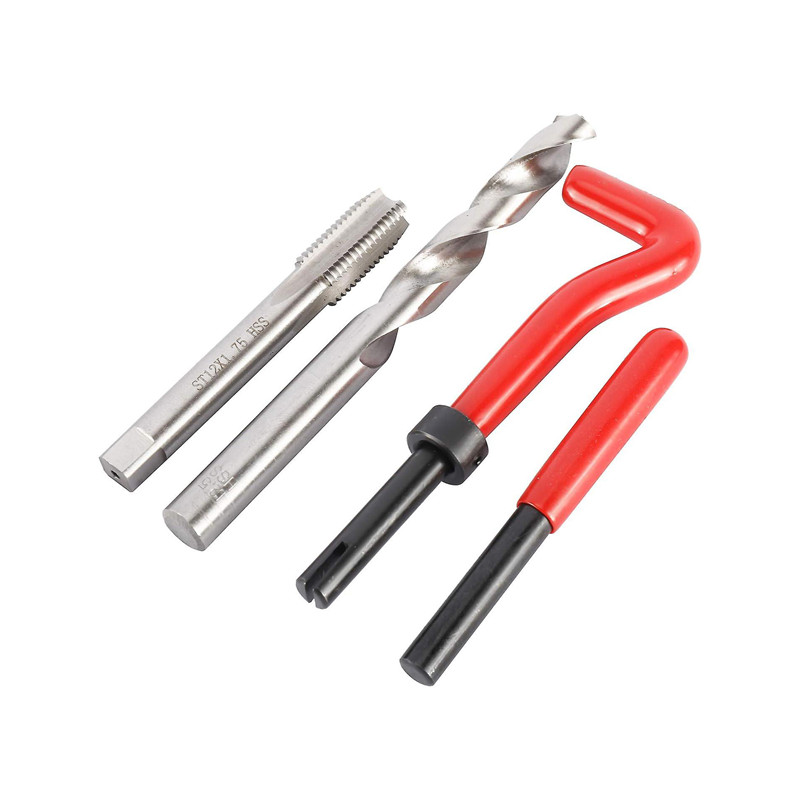 131PCS Thread Repair Set And Helicoil Type Thread Repair Set
131PCS Thread Repair Set And Helicoil Type Thread Repair Set -
 HSS Metric 4 Flute End Mills With Bright Or TiN And TiAlN Coated
HSS Metric 4 Flute End Mills With Bright Or TiN And TiAlN Coated -
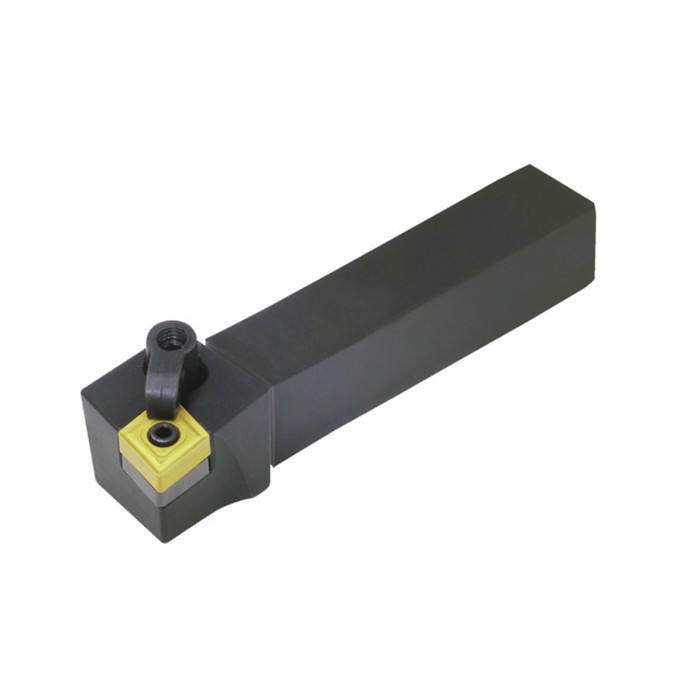 MCLN Indexable Turning Tool Holder With Right And Left Hand
MCLN Indexable Turning Tool Holder With Right And Left Hand -
 Electronic Digital Height Gauge From 300 to 2000mm
Electronic Digital Height Gauge From 300 to 2000mm -
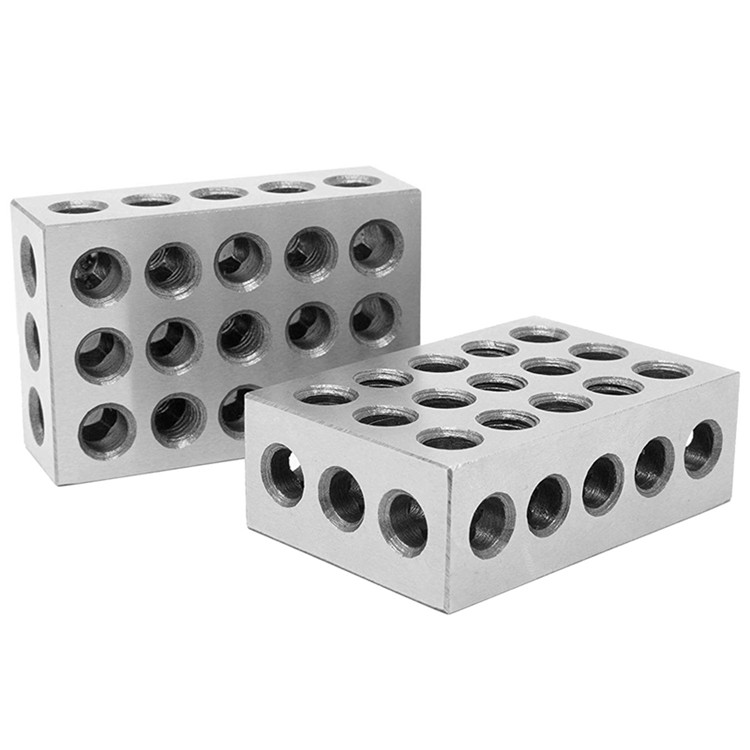 Precision 1-2-3, 2-3-4 or 2-4-6 Block With 1 And 11 And 23 Or None Hole
Precision 1-2-3, 2-3-4 or 2-4-6 Block With 1 And 11 And 23 Or None Hole -
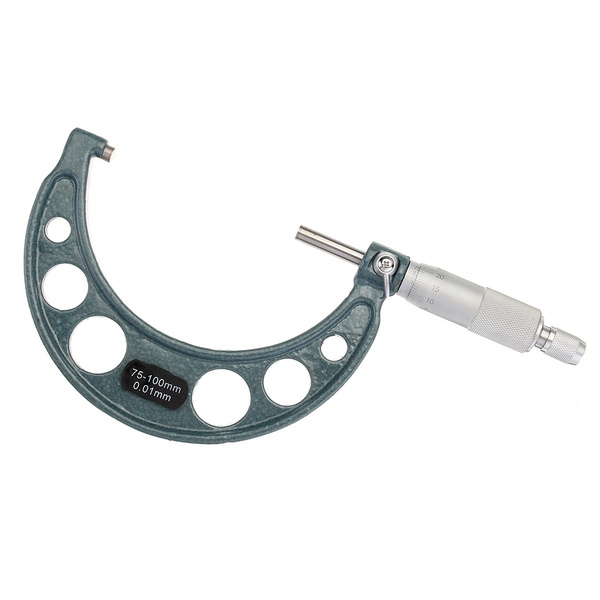 Outside Micrometer Of Premium Industrial Inch & Metric With Rachet Stop
Outside Micrometer Of Premium Industrial Inch & Metric With Rachet Stop -
 Precision V Block And Clamps Set With High Quality Type
Precision V Block And Clamps Set With High Quality Type -
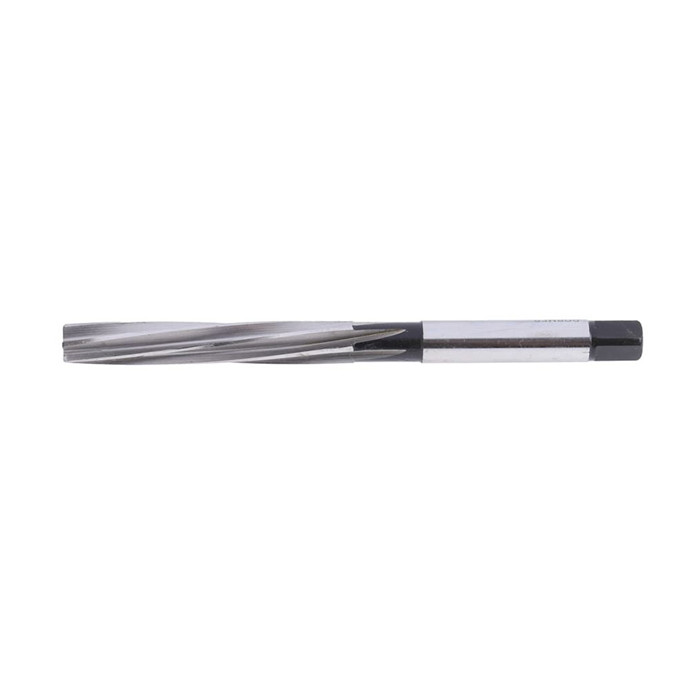 HSS Inch Hand Reamer With Straight Or Spiral Flute
HSS Inch Hand Reamer With Straight Or Spiral Flute -
 Inch HSS 1/2″ Reduce Shank Drill Bit For Metal Cutting Of High Precision
Inch HSS 1/2″ Reduce Shank Drill Bit For Metal Cutting Of High Precision -
 Parting & Grooving Tool Set With SLTB Blcok, NCIH Blades, GTN Inserts
Parting & Grooving Tool Set With SLTB Blcok, NCIH Blades, GTN Inserts -
 Precision Vernier Caliper Of Metric & Imperial For Industrial
Precision Vernier Caliper Of Metric & Imperial For Industrial -
 Precision V Block And Clamps Set With High Quality Type
Precision V Block And Clamps Set With High Quality Type


